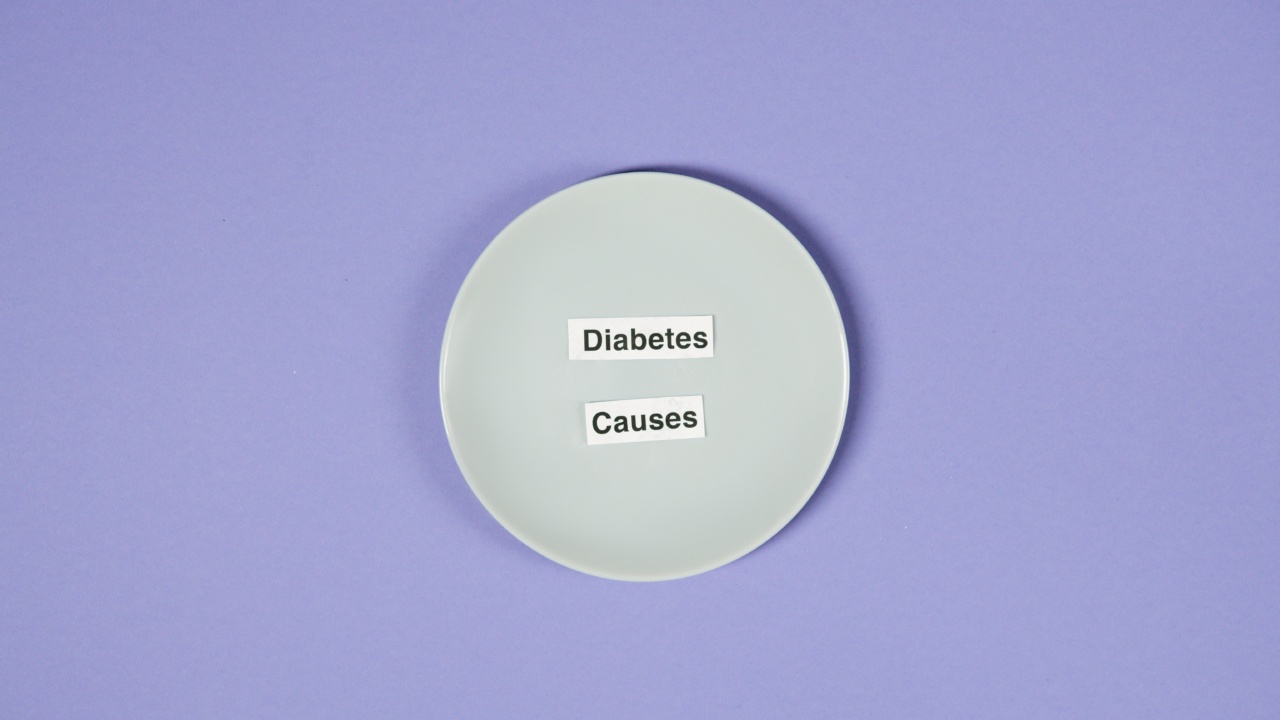Nocturnal enuresis, commonly known as bedwetting, is a common problem among children and even adults. It is defined as involuntary urination during sleep, beyond the age of 5-6 years when bladder control is normally established.
This problem can lead to psychological stress and social embarrassment, and it most often requires medical intervention. Here are the top 30 causes of nocturnal enuresis, the reasons why bedwetting may occur:.
1. Genetics
Bedwetting tends to run in families. It has been estimated that if one parent wet the bed when they were young, their child has a 40% chance of doing the same thing.
If both parents had a bedwetting problem as children, their child’s risk of bedwetting increases to 70%.
2. Hormonal Imbalance
The hormone vasopressin, also known as antidiuretic hormone (ADH), regulates the amount of urine the kidneys produce. During the night, the body produces more ADH to decrease the amount of urine the kidneys make.
If the body doesn’t produce enough ADH, or if the kidneys don’t respond to it, the child may produce too much urine, leading to bedwetting.
3. Small Bladder Capacity
Children with a small bladder may not be able to hold urine the entire night. In this case, bedwetting happens because their bladder is not big enough to hold all the urine produced during the night.
4. Deep Sleep
Children who sleep very deeply may not be able to wake up in time to go to the bathroom. This is because the brain and body are not alert enough to warn the child when their bladder is full.
5. Sleep Apnea
Sleep apnea is a condition where the airway becomes partially or completely blocked while sleeping, interrupting breathing. This may lead to fragmented sleep and bedwetting.
6. Diabetes
High levels of blood sugar can cause the kidneys to filter too much urine. Children with diabetes may experience nocturnal enuresis as a result.
7. Urinary Tract Infection (UTI)
A urinary tract infection causes inflammation and irritation in the bladder and urethra. This can lead to involuntary urination, especially at night.
8. Chronic Constipation
The rectum presses against the bladder, which can reduce its capacity. Children with chronic constipation may also have a difficult time recognizing the urge to urinate, which can lead to bedwetting.
9. Kidney Problems
Kidney problems can cause nocturnal enuresis if the child is producing too much urine or if their kidneys are not able to concentrate urine properly.
10. Structural Abnormalities in the Urinary System
If the urinary tract or the bladder is not formed properly, urine can leak during sleep.
11. Psychological Problems
Stressful life events or emotional disturbances can cause bedwetting. Children who are experiencing bullying, abuse or a trauma may be more likely to wet the bed.
12. Anxiety
Children who are anxious may experience bedwetting as a result. This can cause a vicious cycle, where the child becomes more anxious about wetting the bed and the anxiety makes the bedwetting worse.
13. Autism Spectrum Disorder
Children with Autism Spectrum Disorder (ASD) may have difficulty with bladder control due to neurological differences between their bodies and those of children without ASD.
14. ADHD
Children with Attention Deficit Hyperactivity Disorder (ADHD) may experience bedwetting because of inattention to their body signals or impulsiveness.
15. Developmental Delays
Children with developmental delays may take longer to develop bladder control, leading to bedwetting.
16. Physical Disabilities
Children with physical disabilities such as cerebral palsy may have difficulty controlling their bladder due to damaged nerves or muscles.
17. Medication
Certain medications, such as those used to treat attention deficit disorder or depression, can cause bedwetting as a side effect.
18. Food and Drinks
Eating and drinking right before bedtime can cause bedwetting. Caffeinated and carbonated drinks, as well as spicy foods, may irritate the bladder and contribute to bedwetting.
19. Age
Bedwetting is more common in younger children, but it can occur in all age groups.
20. Gender
Boys are more likely to experience bedwetting than girls.
21. Daytime Wetting
Children who experience bedwetting may also experience daytime wetting. This could be due to an underlying condition such as UTI or constipation.
22. Adoption
Bedwetting is more common in adopted children, as they may have a history of neglect or abuse that affects their emotional and physical health.
23. Trauma
Children who have experienced a traumatic event, such as sexual or physical abuse, may experience bedwetting as a result.
24. Lack of Toilet Training
If a child has not learned proper toilet training, they may not be able to control their bladder at night.
25. Environmental Factors
Environmental factors such as a child’s sleeping arrangements or changes in routine can cause bedwetting.
26. Poor Sleep Quality
Children who do not get enough sleep or who have poor quality sleep may experience bedwetting as a result.
27. Lack of Bladder Training
If a child does not learn bladder training techniques, such as holding in urine or using the bathroom at regular intervals, they may not be able to control their bladder at night.
28. Use of Diapers or Pull-Ups
If a child is using diapers or pull-ups, they may not have a chance to learn proper bladder control techniques.
29. Peer Pressure
Children who feel pressure from their peers to stay dry at night may become anxious and experience bedwetting as a result.
30. Parental Attitudes
Parental attitudes towards bedwetting can affect a child’s emotional and psychological well-being. If parents are critical or punitive towards bedwetting, the child may experience even more stress and anxiety.
: Conclusion
There are many reasons why bedwetting may occur. It is important to identify the underlying cause in order to provide adequate treatment. Medical interventions, such as medications or behavioural therapy, can be effective in treating bedwetting.
A supportive and understanding environment is crucial in helping the child manage this condition and reduce any emotional distress.































